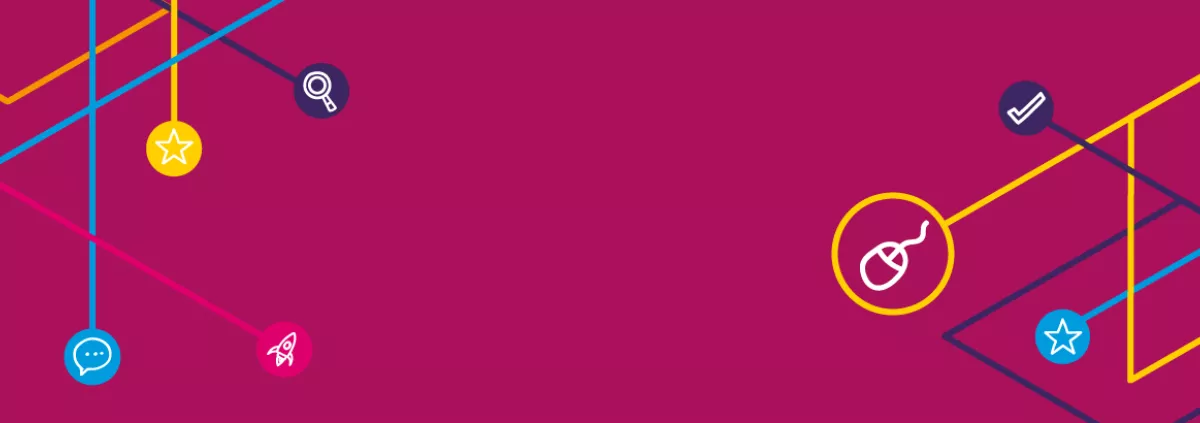When the Israeli government announced school closures in mid-March in reaction to the COVID-19 pandemic, the country’s educational institutions sprang into action. They quickly ramped up existing online learning programmes, provided training and orientation for teachers and administrators, and created video masterclasses – just to name a few.
“We had to change very fast in terms of teaching, learning and communication,” said Florence Azran, chair of the Israeli Technical and Vocational Education and Training (TVET) National Committee and the representative of the Ministry of Education on the committee. “The whole system changed.”

Most classes have been back in session for a few weeks now – save for those at about 80 schools that were reclosed after infected individuals were identified. Yet the experience with distance learning and related innovations are expected to have long-term consequences. To ensure social distancing inside classrooms, some institutions are already having students show up just twice a week. “When we start a new school year in September, I'm sure that a lot of the teaching and learning will be long distance,” Azran said.
We recently spoke with Florence Azran and officials from the country’s two main TVET providers: Ronit Ashkenazy deputy director-general, head of pedagogical administration of Amal, and Yoel Rothschild, deputy director general of Administration for R&D and Training of ORT Israel. Here is some learning from the Israeli experience:
Start with Teacher Training
This started by getting instructors up to speed with things such as Zoom and online educational tools produced by Google and Microsoft. “Our pedagogical department, together with volunteers for Microsoft and Google, gave teach-the-teacher sessions,” said Ashkenazy. Corporate volunteers also worked with teachers individually as needed.

Similar efforts took place at ORT. “What we did in the first two weeks, was mainly to empower the teachers who didn't have the self-confidence with [key tools],” noted Rothschild.
Teachers also needed to adapt their pedagogical styles to the new reality. For instance, online classes often needed to be shorter than those in live settings. Apps, smartphones, WhatsApp, student-created presentations and videos, and computer games became essential educational tools. Teachers were encouraged to think of themselves as mentors, facilitating what Ashkenazy called “self-learning” by the students.
No Administrator Left Behind
ORT gave early emphasis to preparing and supporting principals and administrators. How to plan and manage an eclectic schedule of online interaction and other activities? How to juggle the participation of students who may have to share equipment with family members? How to shape a day of learning activities?

Rothschild and his team started collecting and disseminating best practices. They worked with administrators on a daily basis to map out the next day`s activities. They established a peer-to-peer platform for information exchange – nicknamed Hyde Park, after the famous Speakers Corner for public debate on those grounds in London.
Press the Snooze Button
At home, without morning rollcalls that required their physical presence, many students began to follow their biological clocks. “When you're 16-years old, you wake up at midday,” Rothschild observed.
To ensure virtual attendance, administrators had to adjust schedules. Amal adopted a flexible one that would allow students to work on their projects at night, for example.
Masterclasses
The Ministry of Education invited top teachers into a television studio to record professional-quality videos in their areas of expertise. Teachers throughout the country were encouraged to show these to their students. Not only did the students benefit, but so did the teachers. “We are helping teachers to become better because they can learn from those lessons,” said Azran.
ORT treated its student body to a series of special video lectures by Israeli Nobel Prize winners such as chemist Dan Shechtman.
Dialogue in order to ensure inclusion
In addition to the customary problems of disadvantaged students who may lack computers or Internet, or who may be forced to work to help support their families, Israel faced a novel issue: religious restrictions on computer and Internet use by Orthodox Jews.
The barrier seemed “almost impossible,” said Azran. However, after discussion it was agreed that the pandemic allowed an exception to religious rules and participation in education restarted.
To read recent blogs on the topic and engage in the discussion:
- https://openspace.etf.europa.eu/blog-posts/supporting-vocational-teachers-under-lock-down
- https://openspace.etf.europa.eu/blog-posts/etf-launches-webinar-series-best-practice-distance-learning
- https://openspace.etf.europa.eu/blog-posts/jordan-equipping-teachers-distance-learning
For more information on ETF Covid19 actions https://openspace.etf.europa.eu/pages/education-during-covid-19-crisis
For more information on ETF work https://www.etf.europa.eu/en and https://www.facebook.com/etfeuropa/

To read more news on these issues follow #LearningConnects #LearningNeverStops #EUintheWorld
Please log in or sign up to comment.